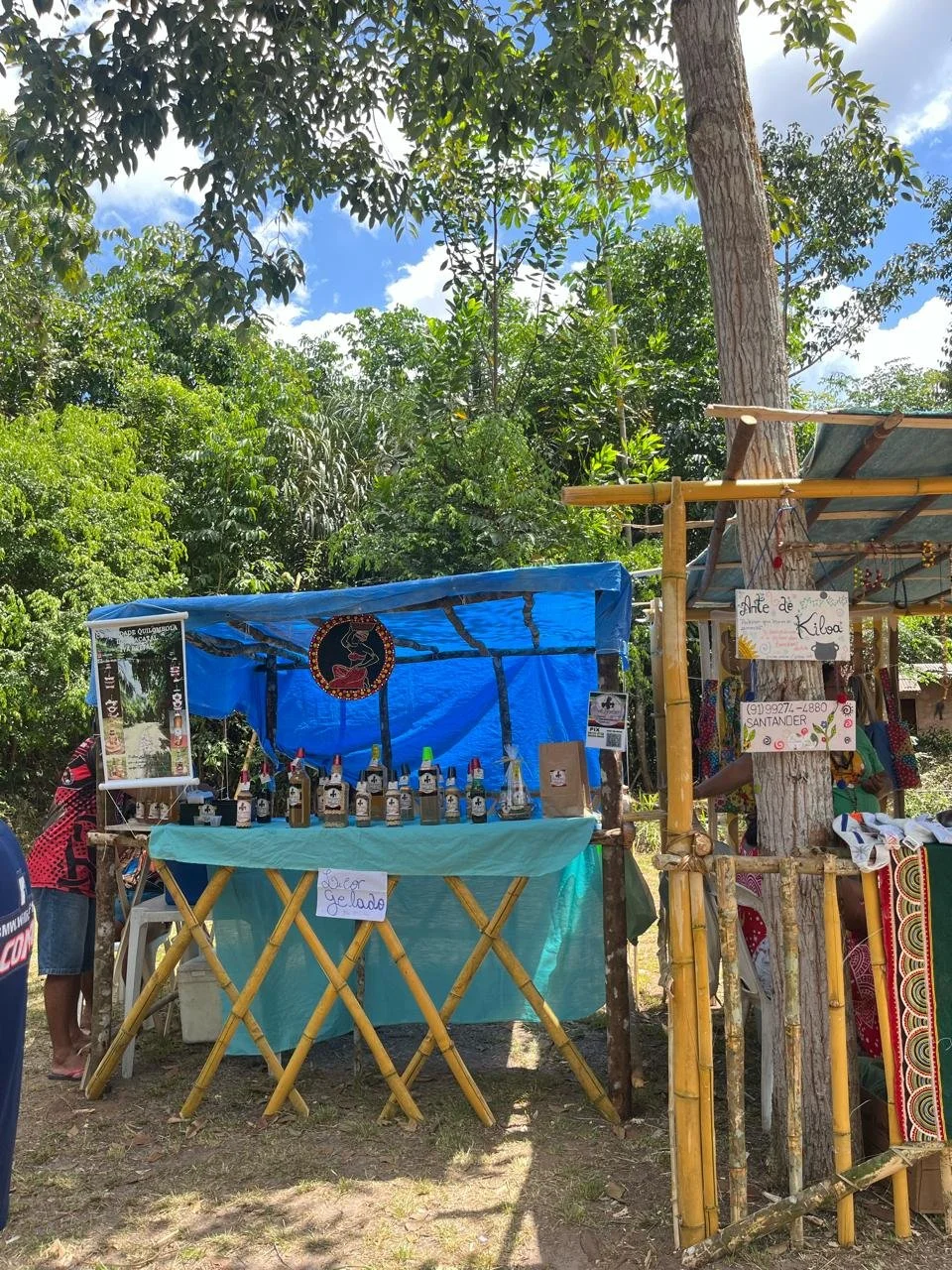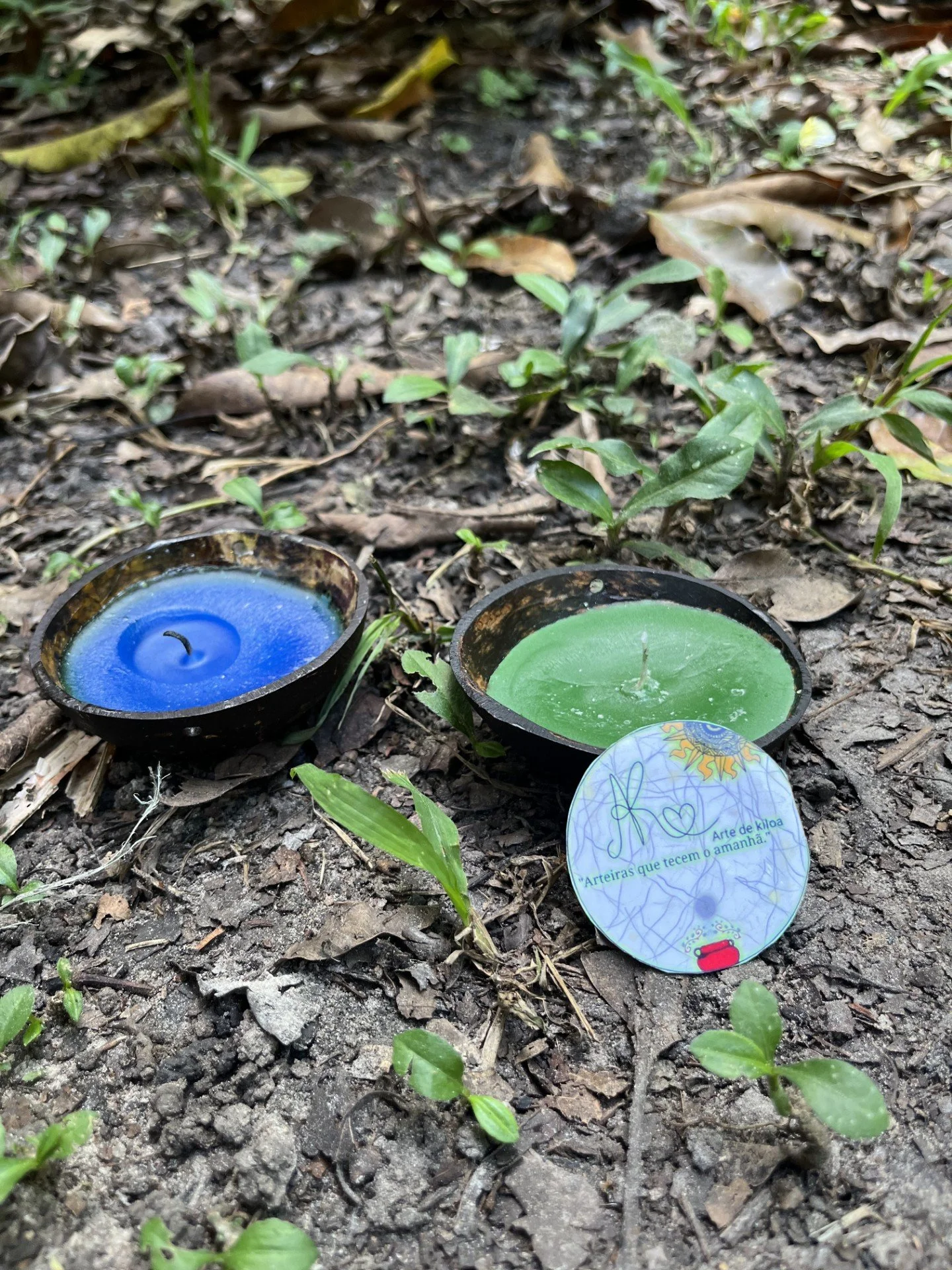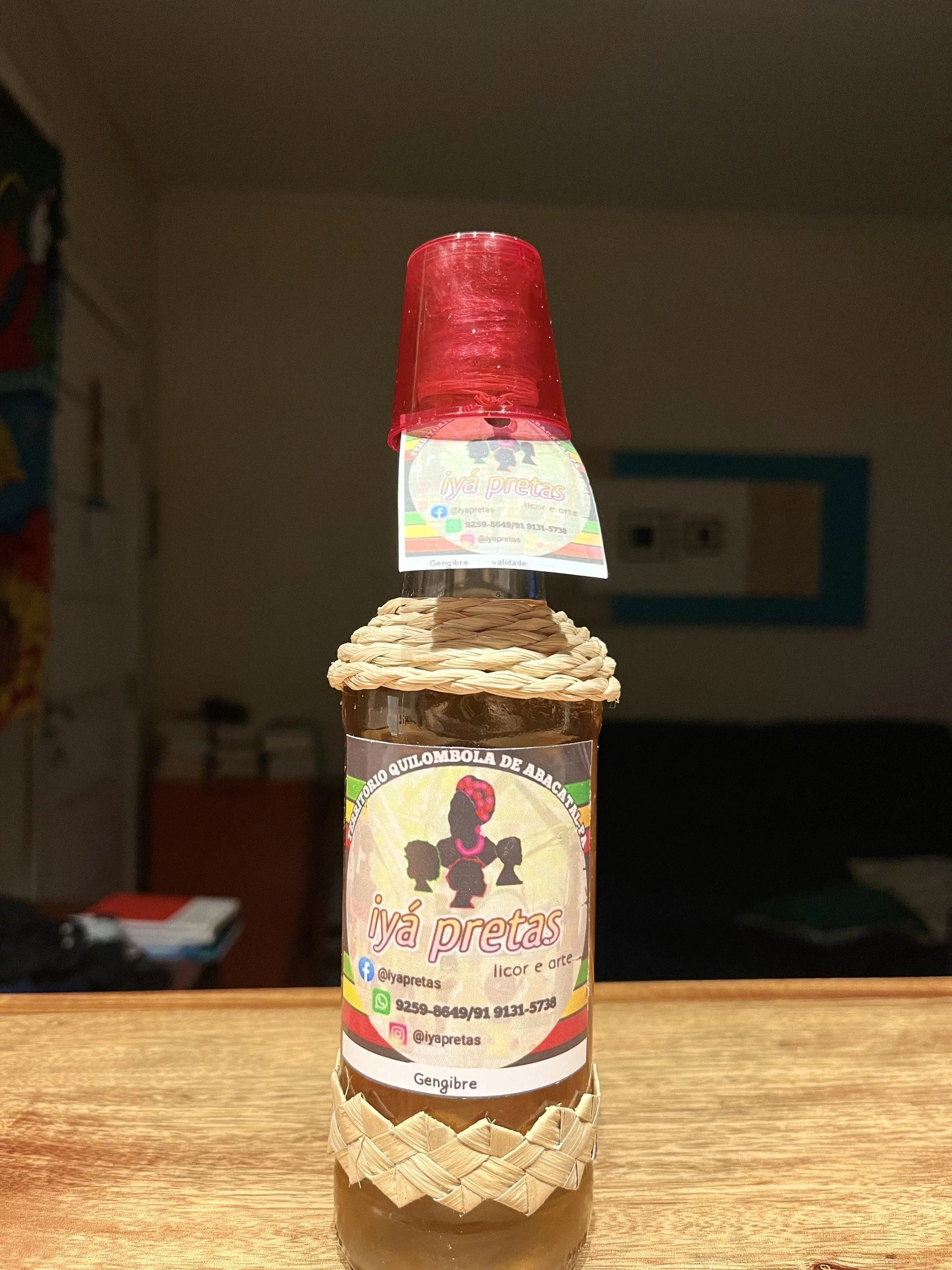
The responses to the challenges
Traditional communities in the Amazon had to adapt to the pandemic and develop strategies to face the challenges of COVID-19. Indigenous communities, extractivists, artisanal fishers and quilombolas, for example, revived ancient knowledge and practices, learned other agricultural techniques, and by selling their agroforestry products, they strengthened community initiatives and their cultural and artistic expressions. Schools in these areas sought to be a support point in the community, even with the disruption of routine and school dynamics caused by the pandemic, which forced the shift from face-to-face to remote teaching in a region where, at that time, internet access was limited.
The school communities of Flora and Resex came together and reinvented themselves
There was a great commitment from everyone to ensure that the education of children and teenagers was not interrupted or its impact minimised. Another important factor required by the pandemic was the coordination and reorganisation to guarantee access to school snacks, as the food security of children in schools is a right guaranteed by law in Brazil and provides significant support for families in the region. To this end, joint initiatives were carried out for the distribution of supplies, sometimes coming from public institutions such as the Municipal Education Secretariats (SEMEDs) of Santarém and Belterra and the Chico Mendes Institute for Biodiversity Conservation (ICMBio), headquartered in Santarém, and on other occasions from networks of donors and social movements for the communities.
A scheme was developed during the lockdown period for students to receive personalised educational material. Teachers prepared handmade and/or printed notebooks with fortnightly activities. The students' guardians went to the school to collect the material and receive instructions on how to convey the information and content to their children.
After completing the activities at home, parents or guardians returned to the school to submit the finished work. The procedure established aimed to follow safety and hygiene guidelines to prevent Covid-19 contamination. It is assumed that through this process, parents and guardians were empowered regarding their children's learning and had the opportunity to learn and review school content, as many parents did not have the chance to study or even become literate. Many teachers reported an increase in closeness with parents or guardians and a greater recognition from them concerning the importance and value of their work as educators. As the pandemic progressed, schools gained internet access, which changed both communication and the very role of the school for young people.
The lockdown also brought everyone closer to social media and the indigenous movement, and traditional peoples gained strength. New youth leaderships emerged and gained visibility through social media, and the capacity for coordination among groups was enhanced. Many teachers also benefited. The need to develop materials for their students led many to purchase laptops and enter the digital age, accessing the internet and expanding their training opportunities, such as online courses and lectures.
Strengthening Indigenous and Quilombola Knowledge: Natural and Ancestral Medicine
Many communities strengthened their knowledge about types and preparations of foods that were no longer consumed, as well as about remedies based on forest leaves and roots, and used them as a preventive measure and in the treatment of the illness throughout the pandemic. In this way, the pandemic promoted solidarity and the use of natural and traditional medicine. For example, many residents of the quilombola territory of Abacatal, in Ananindeua (PA), began using natural syrups and teas as a way to prevent and even treat COVID-19. Given the impossibility of buying ready-made medicines in the city's pharmacies, many quilombolas recalled recipes and resumed the production of natural remedies. Interest in traditional medicine knowledge was awakened by many young people in the communities, increasing exchange with the elders and rescuing knowledge that was not found in books or on the internet.
Learning other ways to grow and sell food
Multiple crops
Communities have learned other agricultural and agroforestry techniques. The agroforestry system (AFS) is a model that combines tree planting with crops and sometimes with animals, either simultaneously or sequentially. It is capable of producing food and raw materials, generating income for farmers, as well as contributing to environmental restoration. These activities were carried out through the planting of multiple crops and involved the participation of the entire village during the period of isolation.
Sale of food through a basket scheme
During the pandemic, the quilombolas of Abacatal prepared basic food baskets with products from their territory and sold them to initiatives outside the territory. The food from the quilombo baskets fed numerous families in the urban periphery of Belém, as they were part of the aid campaign carried out by Cáritas, which is a social action organisation of the Catholic Church. This organisation ensured that the baskets were varied in terms of the products offered. The logistics for delivering these baskets followed the same scheme used for selling fruit pulp, an important production chain that was already part of the community's economy before the pandemic. Cáritas organised the date and time for collecting the baskets at the quilombo's gate, and only one representative from the group that contributed the baskets oversaw the collection. Once again, associations with 'outsiders' from the territory brought good returns for the community.
Community initiatives
Community fire brigades
Since 2017, community brigades of firefighters have been established as a key strategy to prevent and respond to wildfires in the Resex. These brigades, initiated and led by members of the communities themselves in collaboration with the Chico Mendes Institute for Biodiversity Conservation (ICMBio), carry out activities that include monitoring and assisting with the use of agricultural burning in the fields within their own communities, maintaining and monitoring firebreaks in the fields, and rapidly responding to uncontrolled fires within their communities and in other areas of the RESEX. The RESEX brigades also work alongside voluntary brigades and civil society organisations from other nearby protected areas, such as the Alter Brigades, and the firefighters from FLONA Tapajós and PAE Lago Grande, coordinating their operations closely with the ICMBio regional office.
This type of action between local and federal institutions, with the support of communities, is an example of a governance structure that enables pathways for prevention and adaptive actions co-created and developed collaboratively and proactively.
Development of artistic skills
Craftsmanship
In the Abacatal quilombo, for example, a group of craftswomen emerged during the pandemic. The women saw and see art as an expression of their creativity, a pleasure in making crafts, respect for each other's skills, and inspiration to create new things. During the pandemic period, the Arteiras began making their bio-jewellery. Each dedicated herself to what she most enjoys creating: sewing, weaving dreamcatchers, making recycled candles, drawing, making earrings and bracelets.
Liquor production
The women of Abacatal also started producing artisanal liqueurs in response to the economic difficulties caused by the pandemic. The group “Iyá Pretas - liqueur and art” began with seven women. They learned to make liqueur and decorate the bottles. The initiative was motivated mainly to help single mothers in the community. The liqueurs, to this day, are made with regional fruits, leaves and roots grown in the quilombo itself, such as ginger, passion fruit, açaí, cupuaçu, genipap and jambu. The production process helped their mental health, as it was a way to forget the pandemic.

